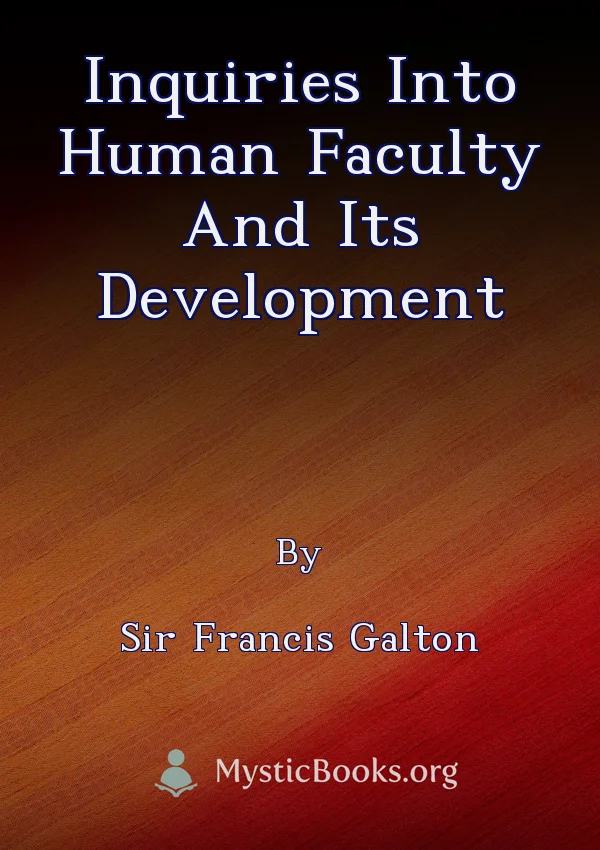
Inquiries into Human Faculty and its Development
'Inquiries into Human Faculty and its Development' Summary
Francis Galton, known for his groundbreaking work on fingerprints, dedicated a significant portion of his life to understanding human capabilities. In "Inquiries into Human Faculty and its Development," Galton examines a wide array of human traits, both physical and mental, and how they are passed down through generations. Through a combination of scientific observation, statistical analysis, and personal anecdotes, he attempts to quantify and understand the nature of human differences. His meticulous investigations delve into areas such as the inheritance of intelligence, the impact of environment on development, and the differences between individuals in their physical and mental attributes. Galton's work, while rooted in the scientific methodologies of his time, provides a captivating exploration of human nature and the complex interplay of heredity and environment in shaping human abilities. It remains a landmark work in the history of both biometrics and psychology.Book Details
Language
EnglishOriginal Language
Published In
Genre/Category
Tags/Keywords
Authors
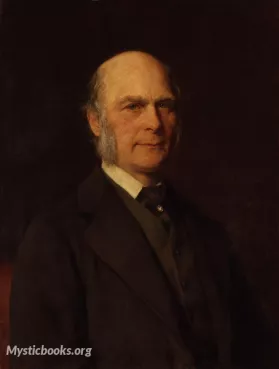
Sir Francis Galton
England
Sir Francis Galton (16 February 1822 – 17 January 1911) was a British polymath in the Victorian era. He was a proponent of social Darwinism, eugenics, and scientific racism. Galton was knighted in 190...
Books by Sir Francis GaltonDownload eBooks
Listen/Download Audiobook
- Select Speed
Related books

Apartment House by Joyce Kilmer
The Apartment House is a collection of poems by Alfred Joyce Kilmer, a noted American poet, known for his poignant observations of urban life. These p...

Sonnets of This Century by Various
This anthology presents a comprehensive collection of English sonnets written in the 19th century. Featuring 270 poems by 126 diverse authors, it show...

Mars and Its Canals by Percival Lowell
Percival Lowell's "Mars and Its Canals" is a groundbreaking work in early 20th-century astronomy, detailing his observations and interpretations of Ma...

The Journal of a Disappointed Man by W. N. P. Barbellion
A young man's candid and often humorous account of his struggle to come to terms with his own mortality. The Journal of a Disappointed Man is a diary...
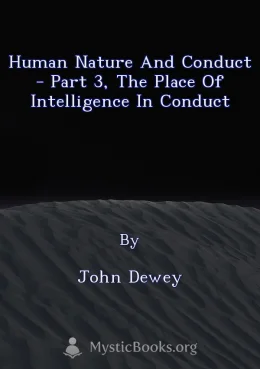
Human Nature and Conduct - Part 3, The Place of Intelligence In Conduct by John Dewey
John Dewey, a prominent philosopher and educational theorist, explores the role of intelligence in shaping human conduct in this book. He delves into...

National Geographic Magazine Vol. 07 - 12. December 1896 by National Geographic Society
This volume of the National Geographic Magazine features a collection of articles on various geographical topics. It includes pieces on the geography...
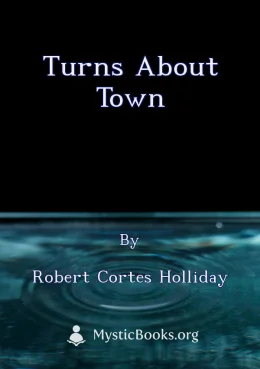
Turns About Town by Robert Cortes Holliday
Turns About Town is a collection of essays written by Robert Cortes Holliday, who was known for his witty and perceptive observations on American cult...

Wilderness Songs by Grace H. Conkling
'Wilderness Songs' by Grace H. Conkling is a collection of poetry that explores the beauty and fragility of the natural world, juxtaposed with the har...
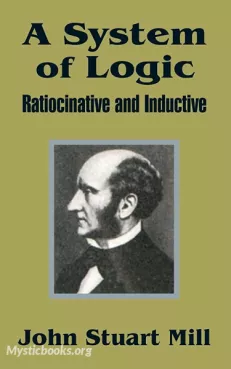
A System of Logic by John Stuart Mill
This is an exploration of the principles and methods of reasoning and scientific inquiry. It is widely considered to be one of the most important work...

Wilderness Babies by Julia Augusta Schwartz
In "Wilderness Babies," Julia Augusta Schwartz unveils a captivating anthology of true stories, unveiling the awe-inspiring tales of animal mothers an...
Reviews for Inquiries into Human Faculty and its Development
No reviews posted or approved, yet...